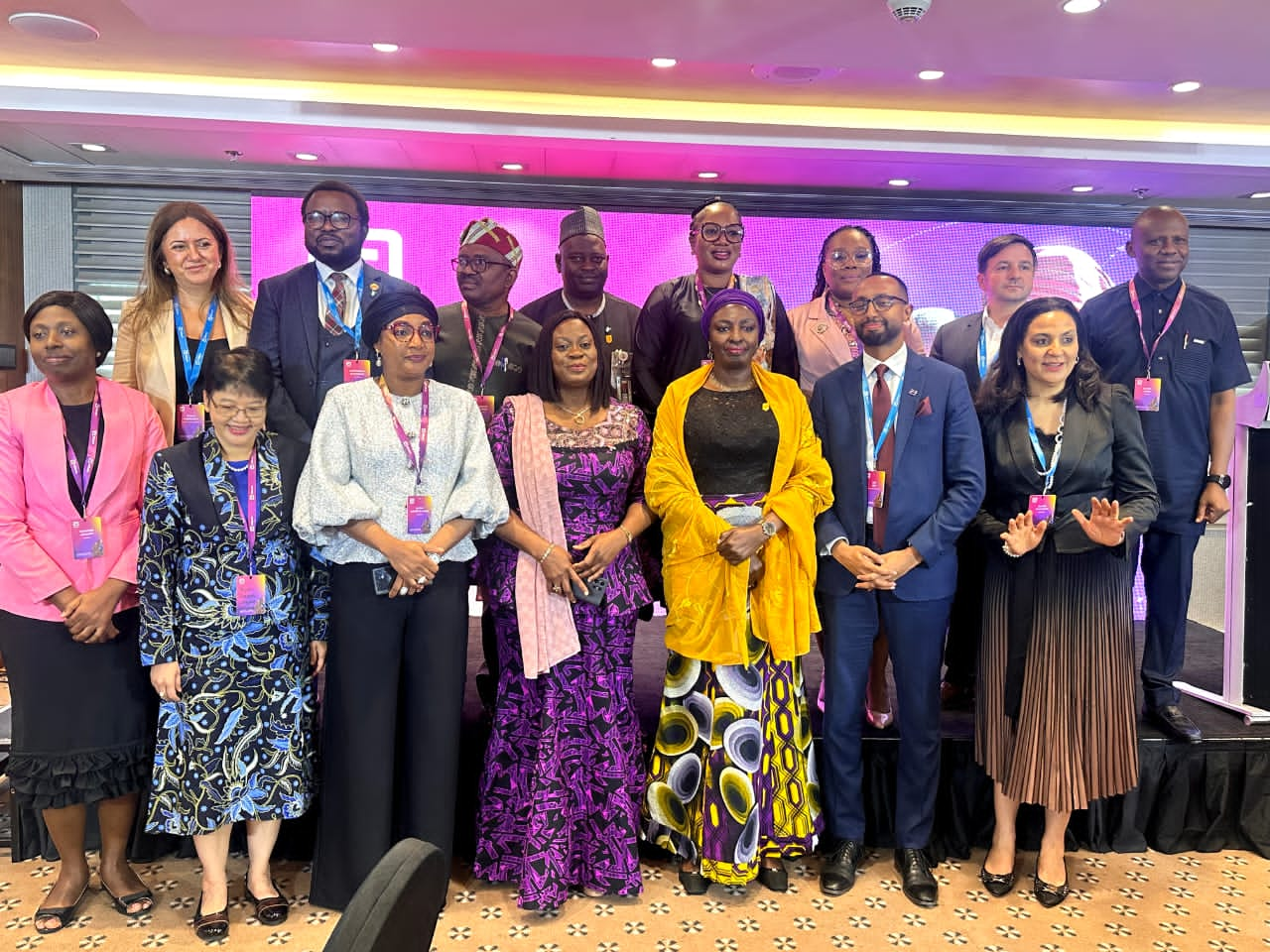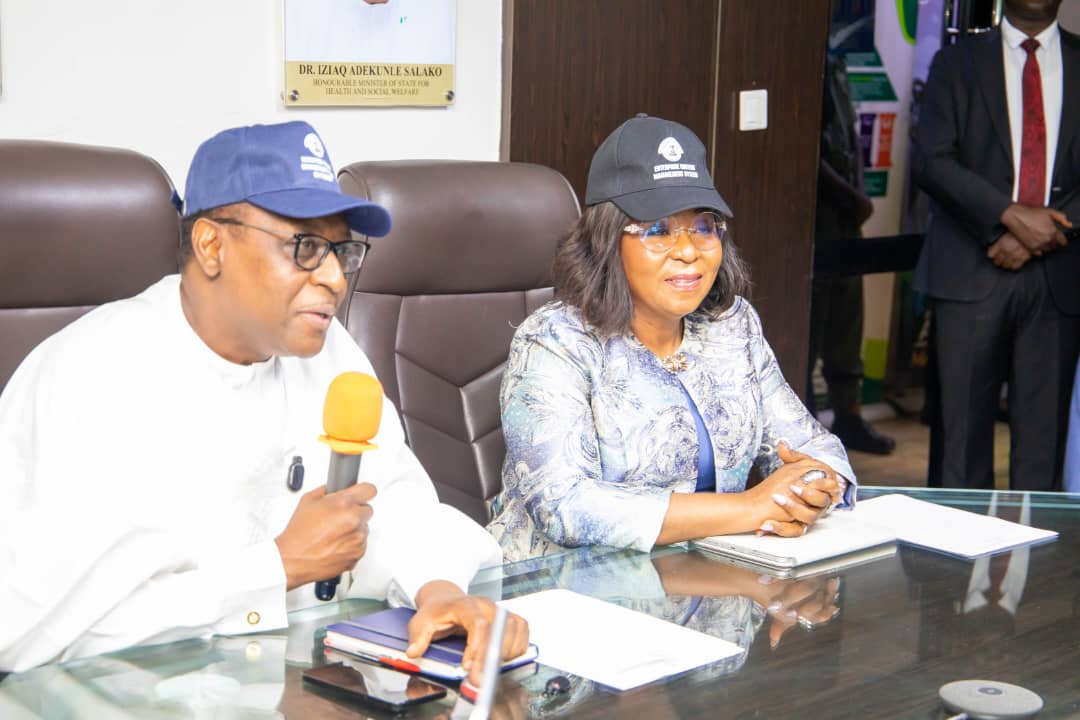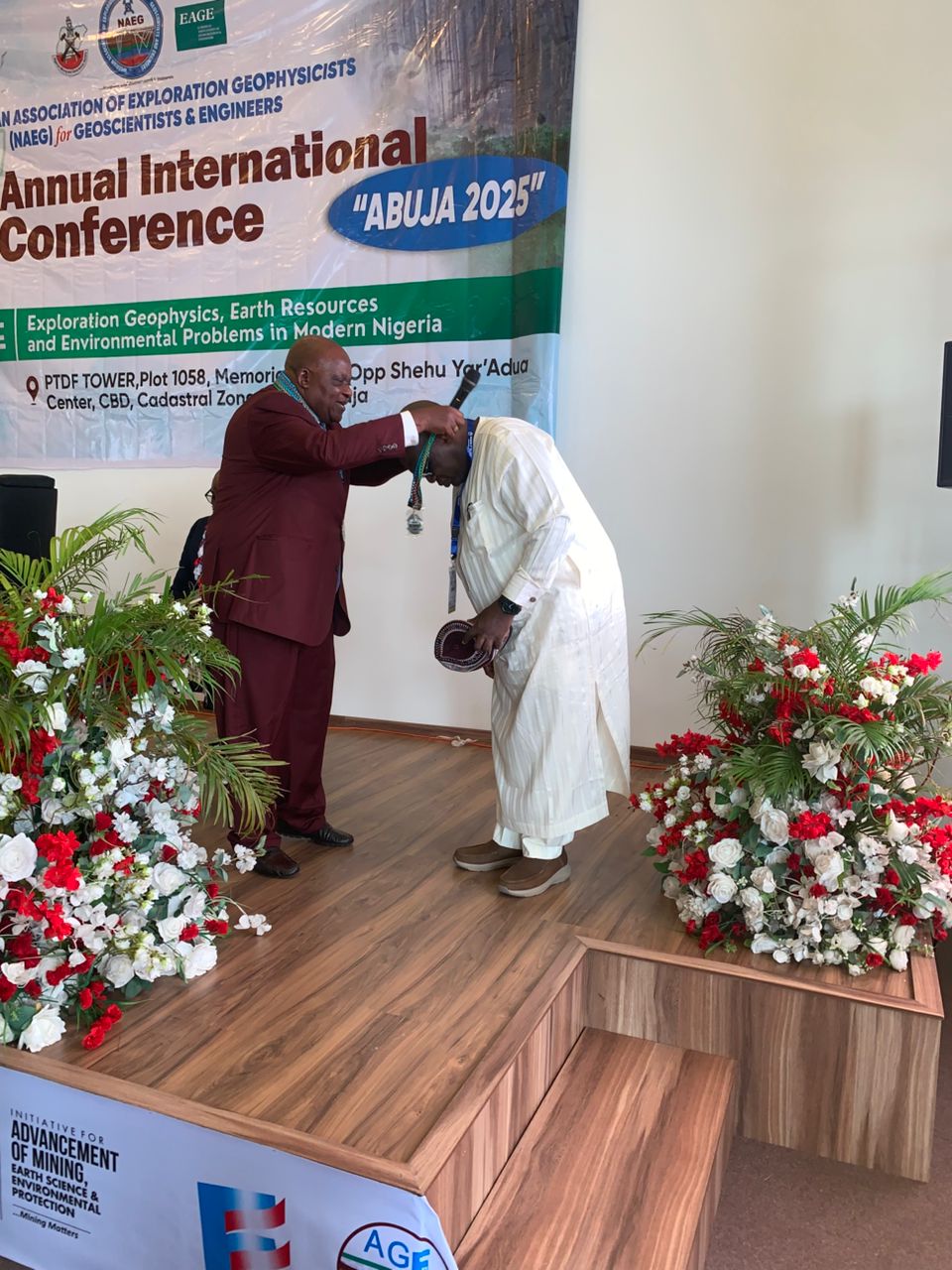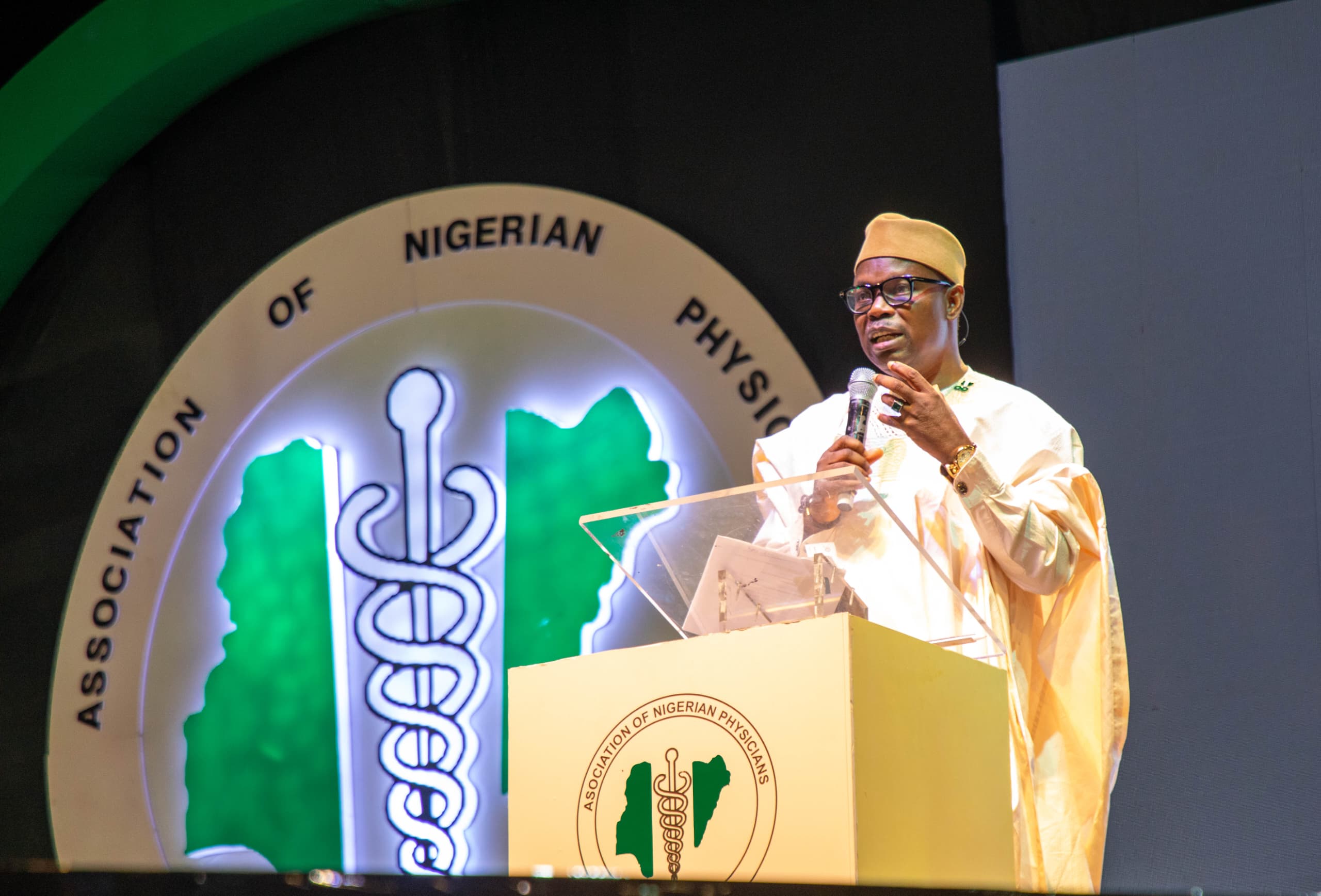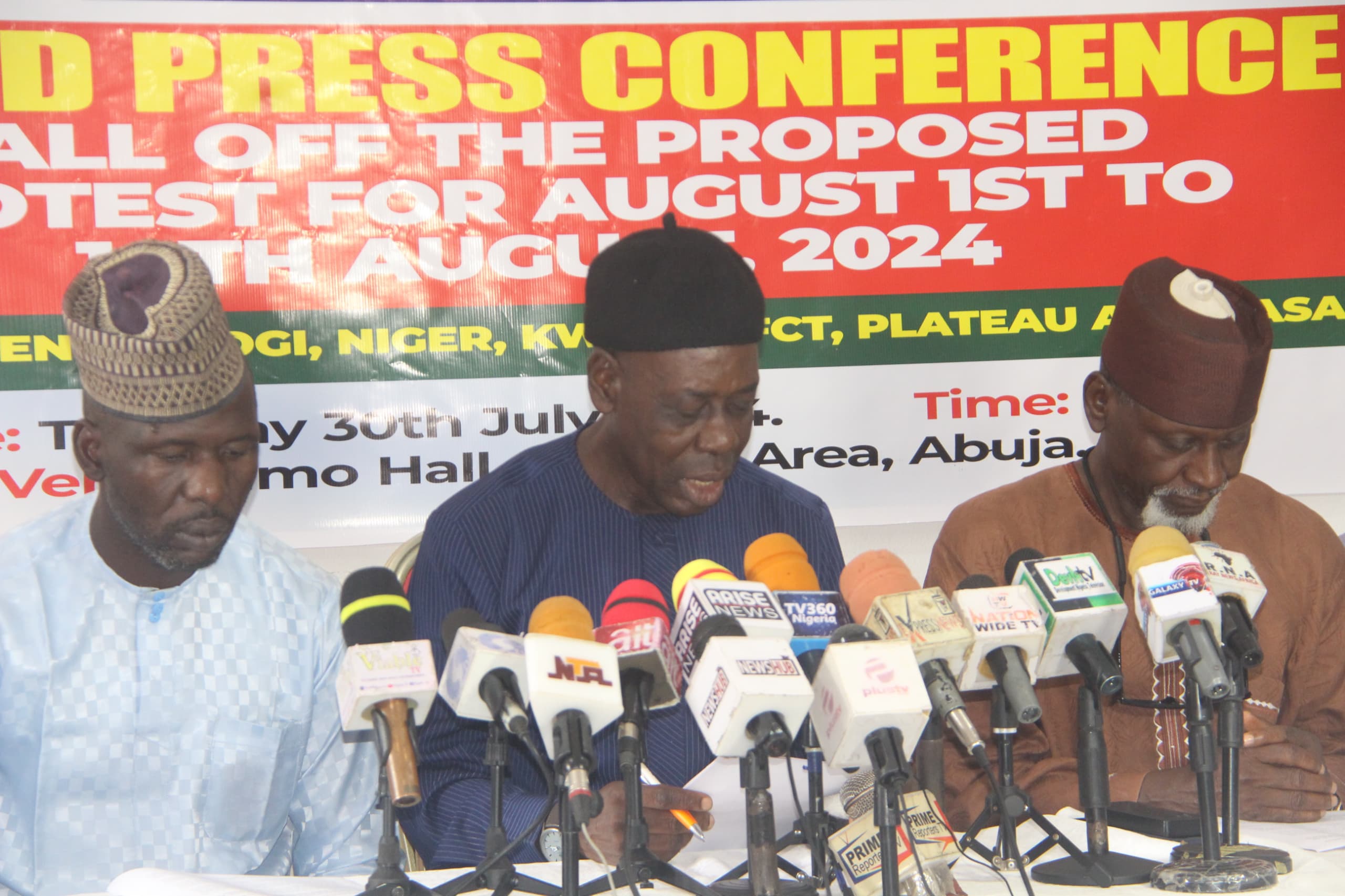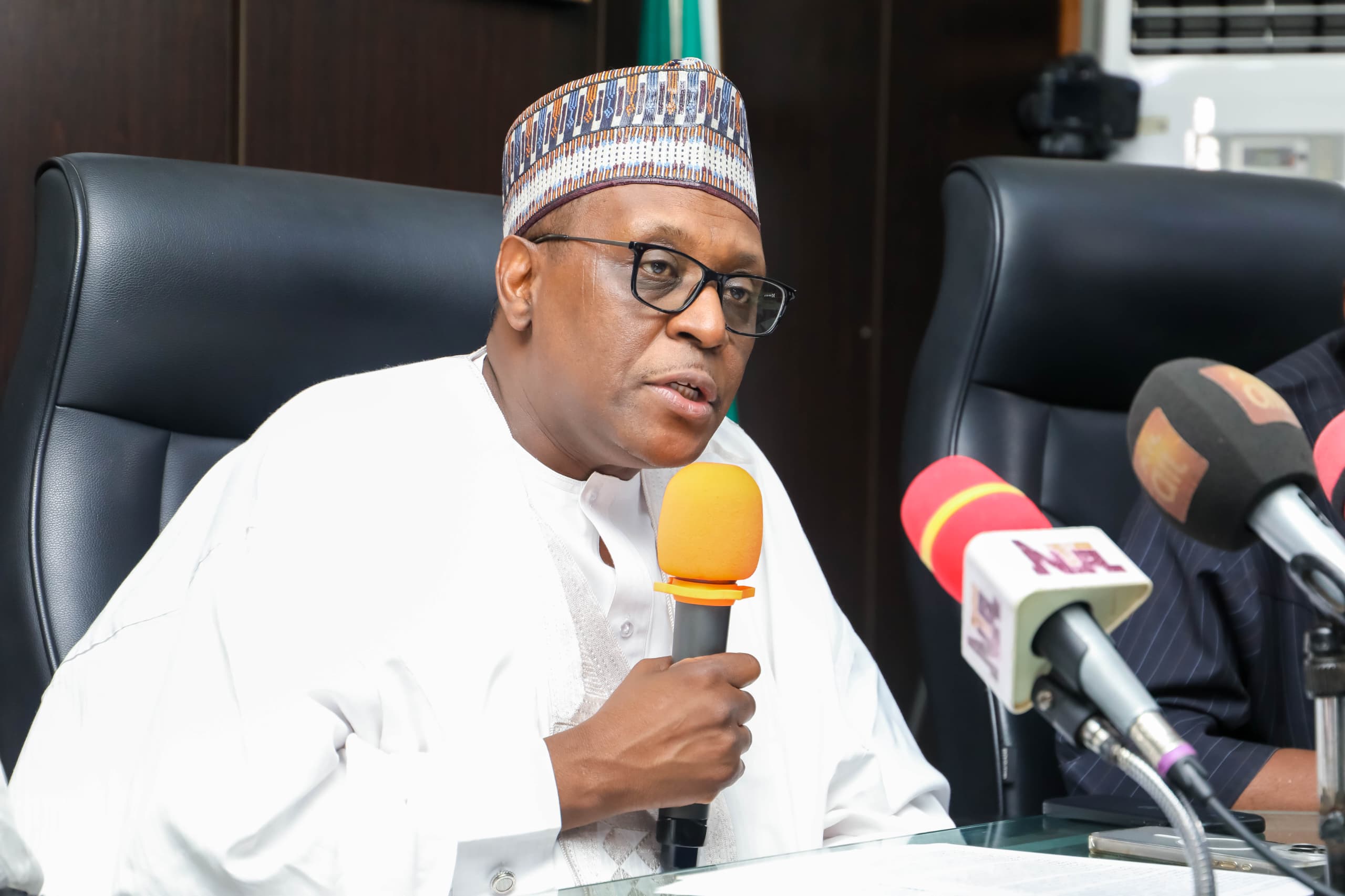
By Fatima Saka
The Federal Government of Nigeria has inaugurated a multi-sectoral Ministerial Advisory Committee to coordinate preparations for the 5th Global High-Level Ministerial Conference on Antimicrobial Resistance (AMR) scheduled for June 29–30, 2026, in Abuja.
This will be the first time the prestigious event will be held on African soil, marking a defining moment in Nigeria’s health diplomacy and global leadership on AMR.
The committee comprising key ministries, experts, development partners, and global health champions is tasked with ensuring Nigeria delivers a world-class conference that moves global AMR commitments from words to action.
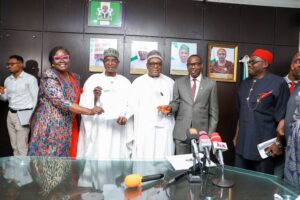

Speaking at the inaugural meeting on Tuesday in Abuja, Coordinating Minister of Health and Social Welfare, Professor Muhammad Ali Pate, said the 2026 conference offers Nigeria and Africa a platform to lead global discourse on one of the most pressing health threats of our time.
“Antimicrobial resistance threatens human, animal, and environmental health alike. That is why Nigeria is taking a One Health approach, bringing together all sectors in a coordinated response,” Pate stated.
He noted that Nigeria has set up the Advisory Committee at the highest level, with representation from the Ministries of Health, Livestock Development, Environment, and Water Resources, alongside key technical agencies like NCDC. “This whole-of-government and whole-of-society approach reflects our seriousness in addressing AMR,” he said.
Pate also announced the appointment of Dr. Ayoade Alakija as Nigeria’s Ministerial Global Envoy on AMR, joining Professor Onyebuchi Chukwu, member of the Global Leaders Group on AMR, on the advisory committee. Both are expected to strengthen Nigeria’s international engagement and partnerships ahead of the 2026 summit.
Minister of State for Health and Social Welfare, Dr. Iziaq Adekunle Salako, in his remarks described the hosting rights as “a globally significant endorsement of Nigeria’s leadership.”

“Nigeria won the hosting rights during the last AMR conference in Jeddah, Saudi Arabia, and since then, global expectations have grown. We must deliver a summit that not only reflects our capabilities but also protects the image of our country,” he said.
In his address, Minister of Livestock Development, Idi Mukhtar Maiha, emphasized that AMR has already impacted Nigeria’s livestock industry with declining productivity, and urged all sectors to strengthen implementation of AMR-related policies. He disclosed that several strategic documents, including antimicrobial use guidelines and surveillance frameworks, have been adopted and are in effect.

“Hosting this conference is not just about logistics, it’s about showing leadership, driving local action, and strengthening our national response,” he added.
Director of Pollution Control and Environmental Health, Omotunde Adeola, who represented Minister of Environment, Malam Balarabe Lawal, highlighted environmental pollution as a critical driver of AMR, especially through pharmaceutical waste, poor sanitation, and untreated water systems.

“Environmental contamination is accelerating AMR. We must integrate WASH, water, sanitation, and hygiene into every part of our AMR strategy,” she warned.
A presentation by the Director-General of the Nigeria Centre for Disease Control (NCDC), Dr. Jide Idris, revealed that AMR is responsible for over 65,000 deaths annually in Nigeria and has already reduced the country’s GDP by 7% and livestock productivity by 11%.

“AMR undermines everything from maternal health to food security, and it weakens national security. This conference is an opportunity to reset our national response and show the world we are serious,” he said.
He also unveiled five proposed focus areas for the 2026 conference:
1. Equitable access to antimicrobials and diagnostics in low- and middle-income countries;
2. Technology-driven solutions for surveillance and antimicrobial stewardship;
3. Sustainable AMR financing;
4. Infection prevention and control (IPC), including integration of WASH;
5. Youth engagement for long-term AMR behavior change and advocacy.
The 2026 Global AMR Ministerial Conference in Abuja will convene ministers, UN agencies, researchers, civil society, and private sector leaders to evaluate progress, set priorities, and adopt bold commitments. The event will culminate in the “Abuja Outcome Document”, a global declaration on AMR solutions.
According to the planning timeline presented, the three-day event will feature:
A Science and Evidence Day;
A Policy and Planning Day with ministerial roundtables;
A Ministerial Declaration Day for global commitments and stocktaking.
READ ALSO: FG Launches NHREC E-Portal to Digitize Health Research Ethics in Nigeria
FG to Launch Pan-African Investment Fund, to Drive Local Content, Energy Reforms
In a joint press release, the Federal Ministries of Health, Livestock Development, and Environment reaffirmed Nigeria’s full commitment to hosting a successful, inclusive, and impactful conference that centers African voices and solutions in global AMR response.
“Nigeria is ready. “This is our moment to lead the global AMR movement, not just as host, but as a model of multi-sectoral collaboration and action,”Pate said.

